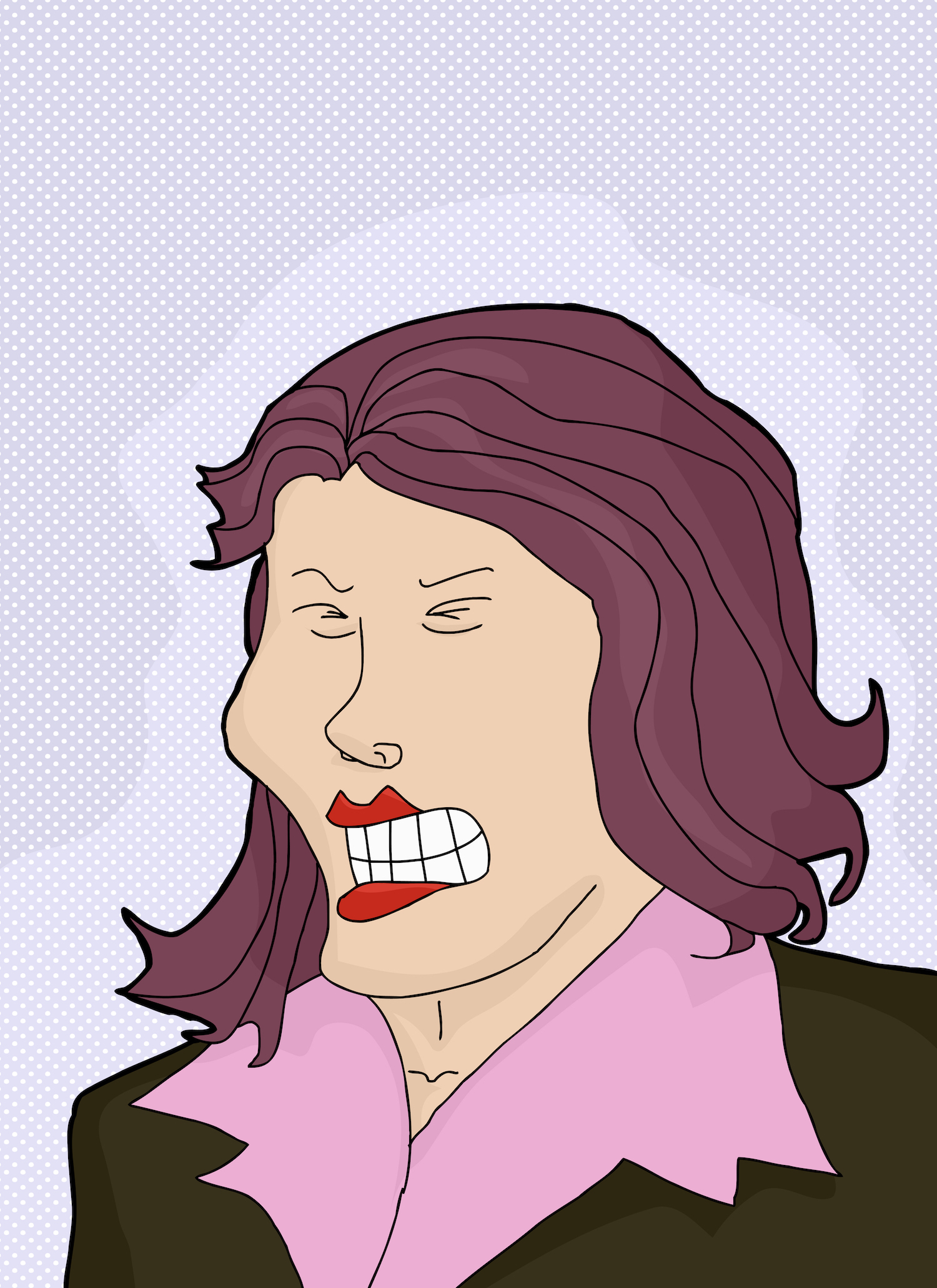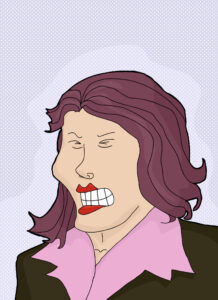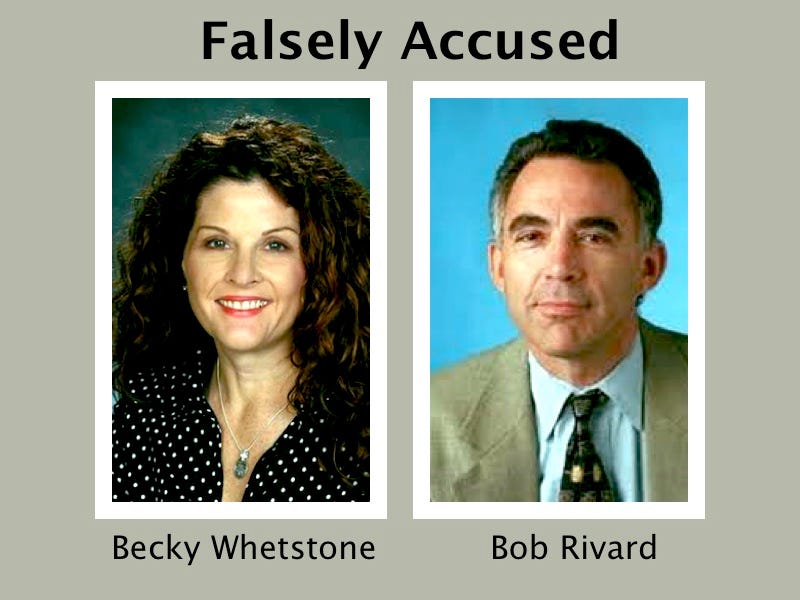One of the strangest things about becoming knowledgeable about psychological health and well-being is sitting by and listening to people in the media – and daily life – say things that you know will reinforce damaging themes and behaviors that people struggle with – things that keep them from becoming emotionally healthy. I have always wished to have a high-profile platform where I can set people straight and make a true and lasting difference in the way our culture thinks, talks and behaves, ways that are more supportive and compassionate to self and to others
With that in mind, here are things I often hear that make me cringe, followed by my comments on why it is screwed up, and what we can do to make it better. Please share.
- She is so selfless, she always puts others first. Meant as a compliment, I see it as discouraging people to not engage in healthy self-care. The insinuation is, if you put yourself first – on any level – it is a bad thing, and that simply is not true. Self-care should be at the top of every adult’s list … I mean Number one, as we have to bring our best self to ourselves and our relationships, and you can’t do that without self-awareness and seeing that your needs are met. Managing your mind, spirit and body health on a daily basis is absolutely necessary, and no one should feel badly about that. Think about it this way … you are responsible for your happiness, no one else is, so what are you going to do for you to get yourself the peace and contentment we all desire?
- He is there for everybody no matter the time of day. Yes, and he is probably one of my clients in marriage therapy. His wife and family don’t feel like a priority because they aren’t. Some individuals thrive on being needed, and must be Superman-to-the-rescue when the phone rings, and there are many people who will have no problem letting you do that for them, when as adults, they could figure out how to deal with their problems themselves. Needing to feel needed, and taking action on every request without moderation, is a self-esteem disorder; people need to do it to feel good about themselves, when feeling good about yourself should not be defined by things that you do. Always make sure your and your family’s needs are met first.
- He is such a wonderful man, except for …. Consider this … all of us are doing what we were meant to at this point in time, and every life experience is a teaching moment designed to lead us to our life purpose. You may not like or approve of another person’s journey, but their journey is not yours. You get to live life your way, and you must let other adults be where they are in their lives. The key word here is: Accept people the way they are, flaws and all. P.S. We are all flawed and always will be. Until you aren’t, mind your own business.
- She would be so beautiful except for … Why does any one person get to decide what beautiful is? This type of scrutiny breaks the heart and spirit of the one being scrutinized, because all any of us want in relationships is to be accepted, wholeheartedly, just the way we are. How about viewing every individual as the unique and beautiful being that they are?
- I do it (interfere in my adult child’s life) because of my grandkids … No, no, no, grandparents! I often have adult daughters and sons drag their moms and dads in so I can teach them appropriate boundaries. It is difficult for gramps and grandma to understand that once their child is grown, it is no longer appropriate for them to offer unsolicited advice and scrutiny, or to interfere in any way, with their parenting or how they live their lives. If the grandkids are not being abused or neglected in a way that needs to be reported to Child Protective Services, and the adult is not in imminent danger of hurting themselves or someone else, stay out of it. Instead, stand by as a loving support, there if needed and requested.
The theme here is that many people seem to think they are the authority on how other adults should live their lives, and I can promise you, they are not. Therapists are trained to know what is healthy when it comes to individual and relational emotional and behavioral health, but even we don’t know it all. If you aren’t paying me for my opinion in a therapy session, or if I’m not choosing to write a blog designed to inform and help people, you will not see me scrutinize or comment on the behavior or status of my family, friends, or people that I hear about. I know how to stay on my side of the street where my business is, and not cross into other people’s business and offend their boundaries inappropriately.
Now for The Zinger: To cross into other people’s business and offend their boundaries inappropriately by offering unsolicited scrutiny, comments, observations, advice, would make me grandiose, which is arrogant. Arrogant people think they know better than others, they look down their nose in contempt at people for not being who they “should” be. This stance is never right, it isn’t conducive to healthy relationships, and it destroys the possibility of a healthy relationship. The only way to have a healthy adult relationship with another person is to bring yourself down to their level, the human level where all of us exist, with an open heart of acceptance and compassion.




 Becky Whetstone is an Arkansas native and has a Ph.D. in Marriage and Family Therapy from St. Mary’s University in San Antonio, Texas. She is a Licensed Marriage and Family Therapist (LMFT) in Texas and Arkansas.
Becky Whetstone is an Arkansas native and has a Ph.D. in Marriage and Family Therapy from St. Mary’s University in San Antonio, Texas. She is a Licensed Marriage and Family Therapist (LMFT) in Texas and Arkansas. 





















































































































